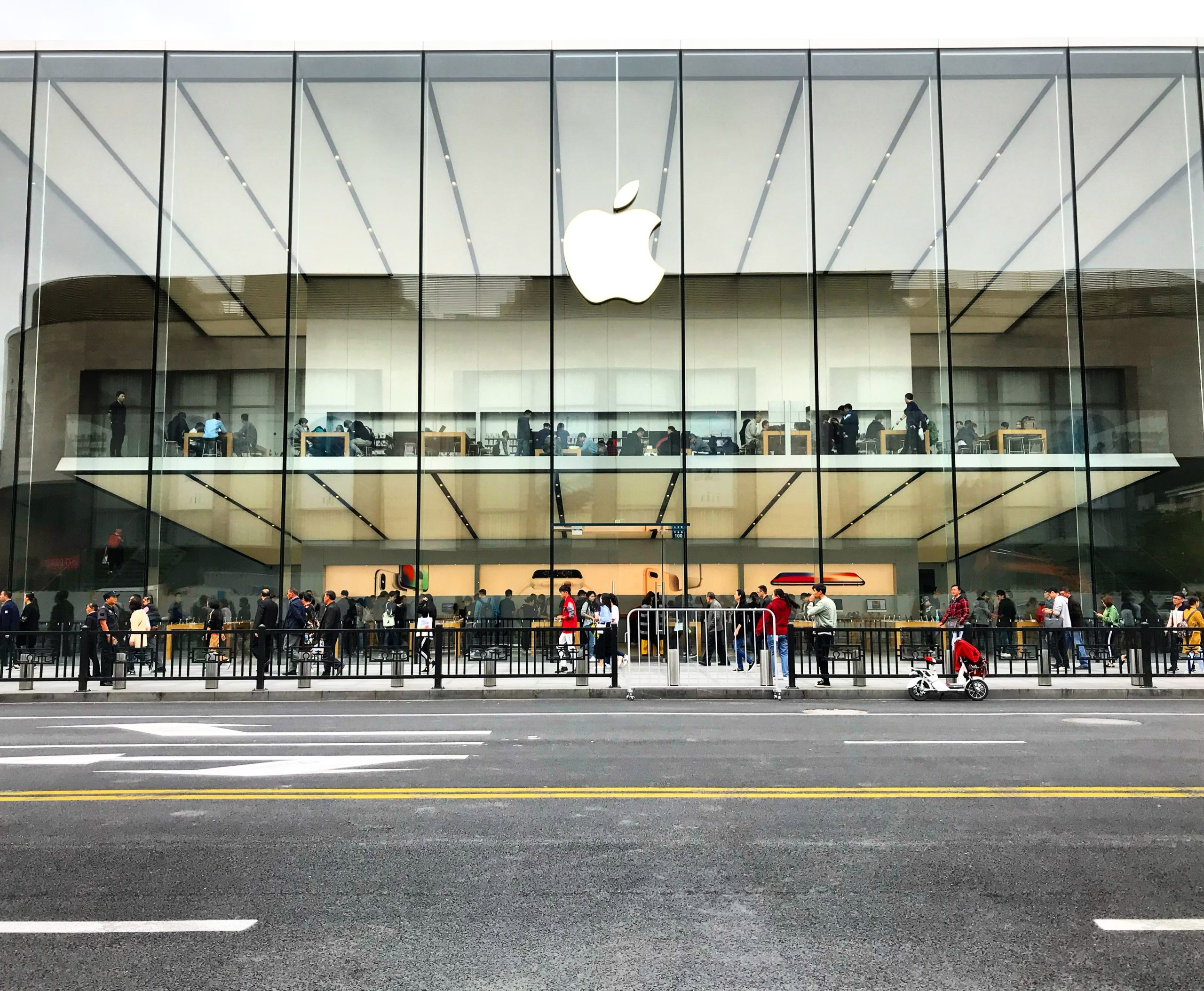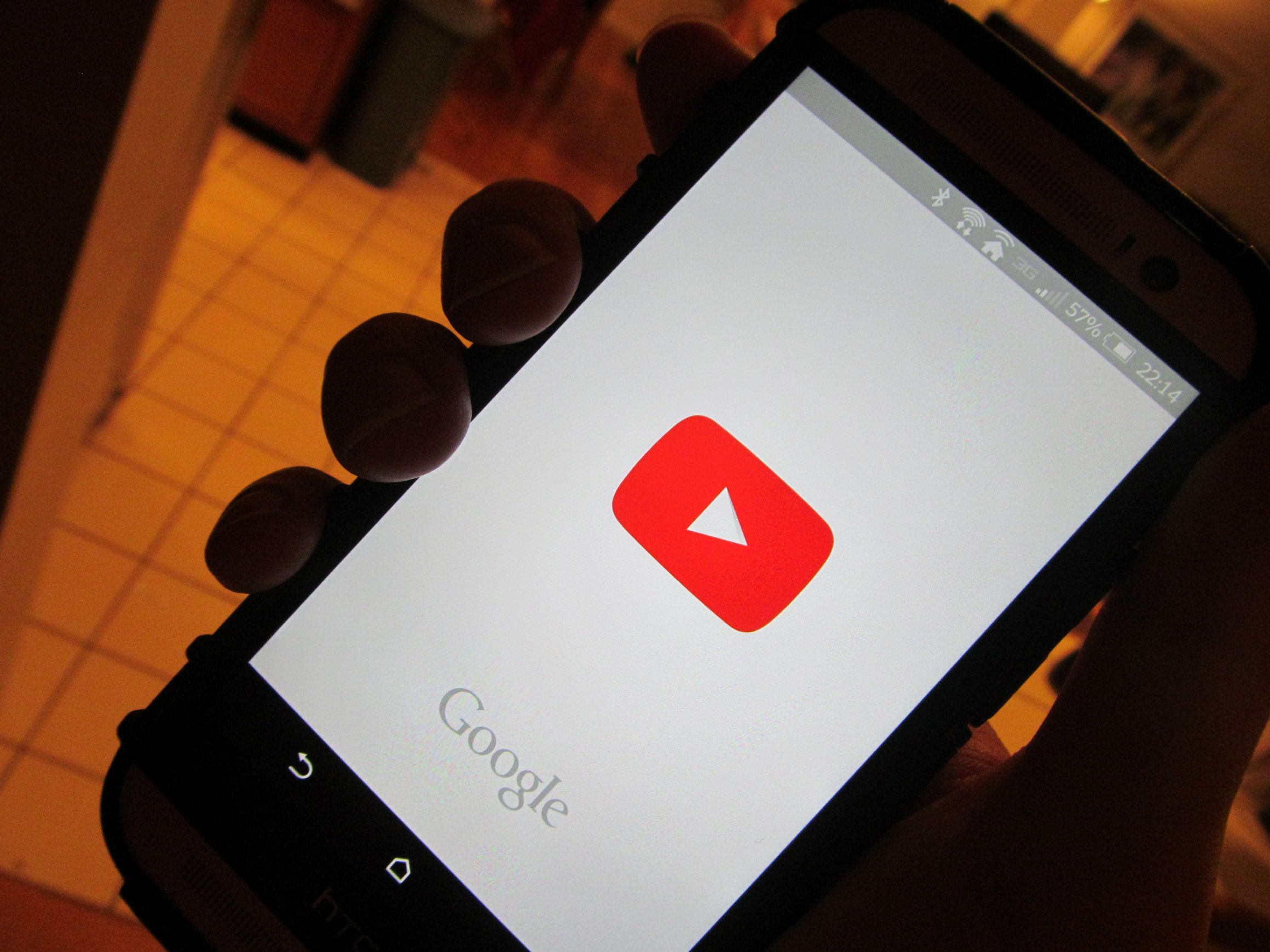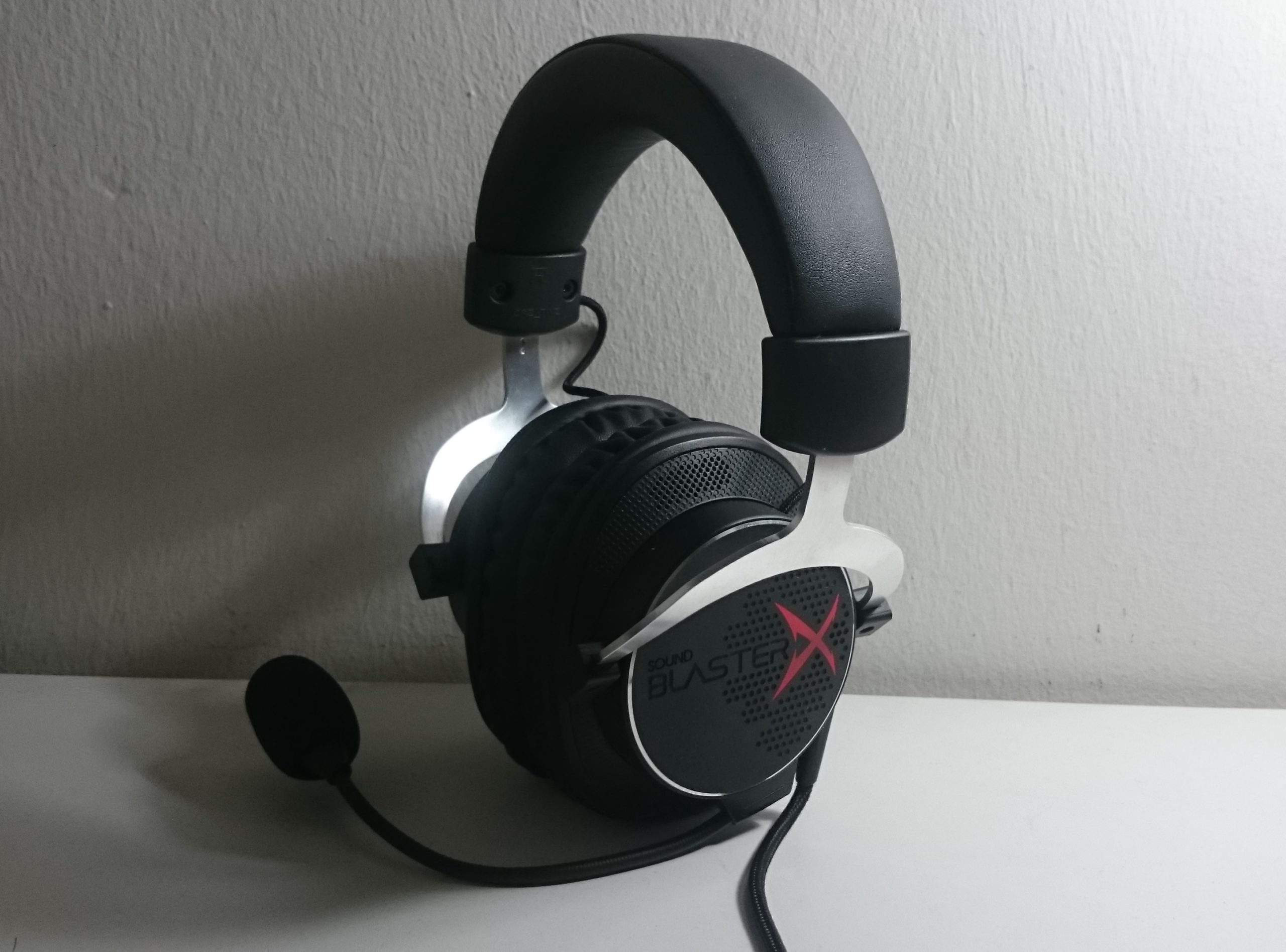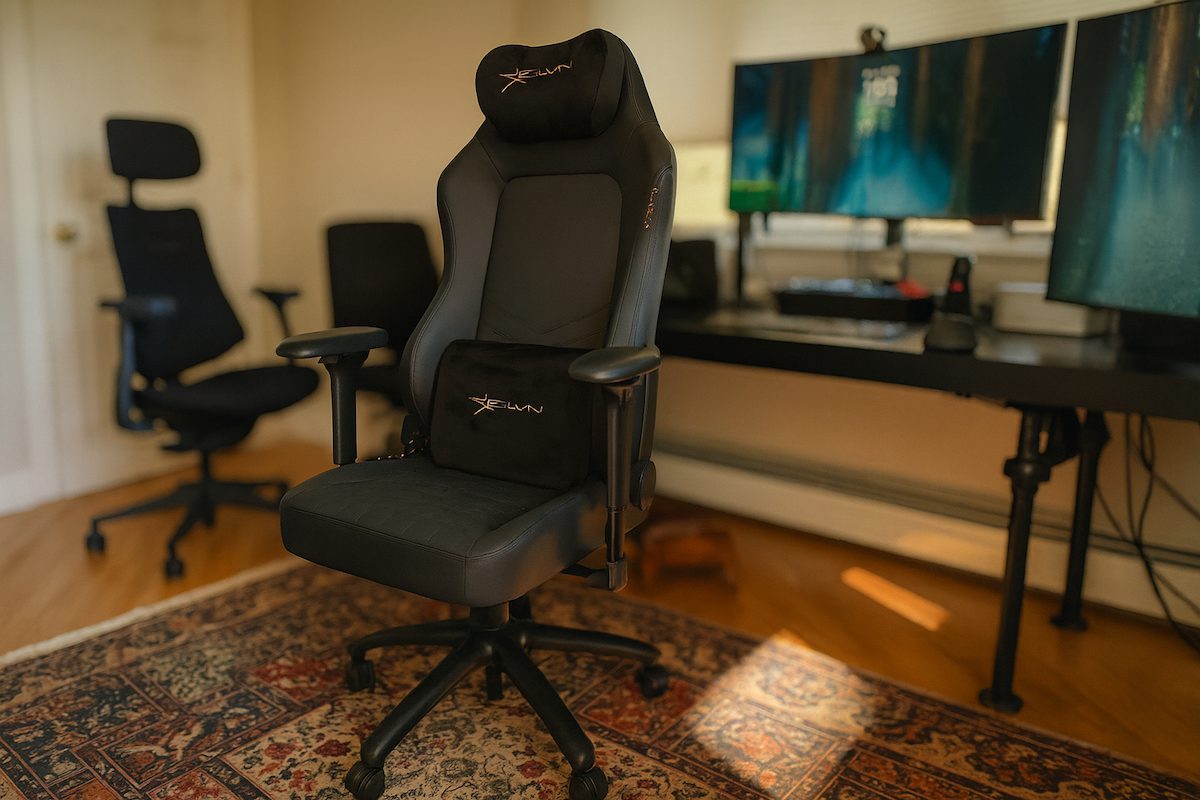Dead iPhone sales in China aren’t just a quarterly hiccup—Apple’s decision to permanently shutter its Dalian Parkland Mall store on August 9 marks the company’s first directly managed mainland store closure since entering the market in 2008. You know that feeling when your favorite restaurant suddenly can’t afford the rent? That’s essentially what happened here, except the restaurant is Apple and the neighborhood has fundamentally changed around it.
The numbers tell a brutal story your Apple fanboy friends won’t want to hear. Greater China revenue dropped 8% to $66.95 billion in 2024, with non-Chinese smartphone brands—dominated by Apple—plummeting 50% year-over-year by March 2025. Meanwhile, Huawei strutted back to the number one spot like that ex who got their life together after the breakup.
The Local Competition Isn’t Playing Games
Apple became the only major smartphone brand declining in China during Q1 2025 while Huawei, Xiaomi, Vivo, and Oppo all posted double-digit growth. The reason hits different when you realize Apple’s premium pricing excludes most models from government-backed smartphone subsidies that benefit cheaper domestic competitors. It’s like showing up to a potluck with wagyu beef when everyone else brought casseroles—technically superior, but completely missing the room.
Government workplace iPhone restrictions and rising nationalist sentiment have amplified the shift toward homegrown brands, turning what was once aspirational consumption into something that feels almost unpatriotic.
Not a Complete Retreat—Yet
Apple isn’t waving the white flag entirely. The company still plans new stores in Shenzhen, Beijing, and Shanghai, reducing its China footprint to 56 stores out of 530 globally. Think strategic downsizing rather than full evacuation. The brief iPhone sales rebound of 8% in April-June 2025 came solely from aggressive price cuts—the retail equivalent of a desperate clearance sale.
Walking through premium malls in northeast China today, you’ll notice fewer international retailers each year. Apple joins other high-end foreign brands that have quietly exited the same Dalian mall, victims of changing consumer habits and economic headwinds that make luxury spending feel tone-deaf.
This closure isn’t just about one store in one city. It’s about Apple learning what every empire eventually discovers—dominance expires, and home field advantage matters more than most Silicon Valley executives want to admit.





























